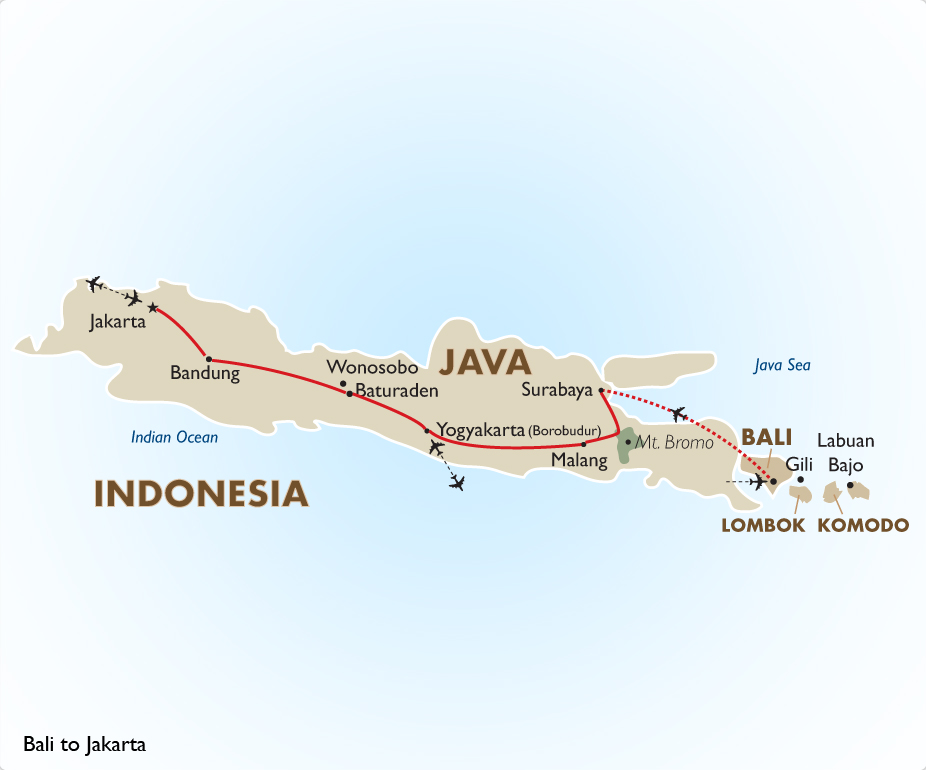Life in Kinshasa in the 1960s
I fondly remember my time living in Kinshasa, Democratic Republic of Congo in the 1960s. My father worked for the United Nations and our family spent two amazing years in the then-capital city known as Léopoldville. As the mega capital and largest city in the DRC with over 11 million residents today, Kinshasa was already bustling but lacked much infrastructure back then. We spent our evenings and weekends frequently visiting the Congo River, seeking relief from the stifling equatorial heat in the river breezes. The river played such a vital role in Kinshasa and the DRC, serving as the primary artery for trade, travel, and commerce connecting the capital city to the rest of the country and beyond.
Life across the River in Brazzaville
We also made many trips across the Congo River to the smaller but still important capital city of Brazzaville, Republic of Congo. With under 2 million residents currently, Brazzaville felt like a sleepy river village in comparison but held deep colonial history and charm. It too relied heavily on the Congo River for its existence and development. A focal point was visiting the old colonial buildings and monuments from when it was known as Brazzaville. Spending time in both cities deepened my understanding of how intrinsically the Congo River is woven into the fabric and fate of the two countries whose capitals it borders.
A River Unlike Any Other
No other river perhaps plays as vital a role in multiple nations as the mighty Congo River. Second only to the Amazon in terms of flow, the Congo River and its tributaries touch the lives of over 80 million people across several central African countries in immeasurable ways. For the DRC and Republic of Congo specifically, it remains the single most strategic geographic feature, enabling inland trade, transportation of goods, access to fresh water resources, and more. The positioning of Kinshasa and Brazzaville as the two closest capital cities worldwide exists because of their historical importance at key points along the Congo’s navigable passages.
A Photograph Bridging Space and Time
One special memory that bridged our experiences in both cities is a photograph from 1962 showing myself, my sister, and father at our home in Kinshasa. Gazing at the photograph decades later fills me with nostalgia for a formative time in my childhood. It also illustrates how intrinsically this region of central Africa and the Congo River have remained etched into my perception of the continent. Our family’s exposure to the diversity and complexity of both Kinshasa and Brazzaville during those pivotal early years instilled a lifelong fascination with Africa for me.
Cities Evolving with their Region
Over half a century since the photograph was taken, Kinshasa and Brazzaville have continued evolving alongside their countries and region. While Brazzaville maintains a slower pace of life relative to its neighbor, both cities struggle with issues of poverty, lack of development, and political instability that hamper their full potential. Their interconnected fates will remain tied to factors like governance, regional cooperation, and sustainable management of shared natural resources like the Congo River Basin. How these cities adapt to pressing challenges in the coming decades may shape the future of central Africa.
A River Flowing through History and Progress
Just as it has for centuries, the lifeblood Congo River keeps flowing, carrying the histories and hopes of over 80 million people in its waters. Kinshasa and Brazzaville still look to it as their chief means of trade, travel and sustenance. Major projects currently aim to better harness its hydraulic power and strengthen connectivity across the vast Congo River Basin. If successful, they may lift the entire region to new heights of economic growth and prosperity and take these two iconic cities established by its shores to new development heights in step with the future unfolding across Africa. Their stories show how much a single river can influence the trajectory of nations.


 The Best Time to Visit China
The Best Time to Visit China